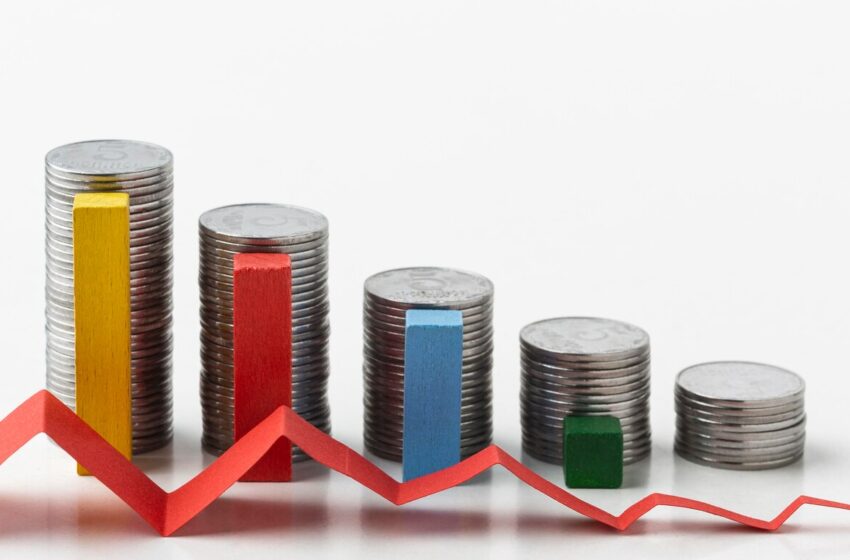
Analyzing the Economic Shifts Caused by Global Renewable Energy Initiatives
The global shift towards renewable energy is not just an environmental or technological movement; it’s a profound economic transformation that is reshaping industries, labor markets, and entire economies. As countries and corporations increasingly commit to renewable energy initiatives, the implications ripple through the global economic landscape, heralding both challenges and opportunities. This article delves into the economic shifts caused by the worldwide push for renewable energy, examining its impact on traditional energy sectors, job creation, investment patterns, and the broader economic implications.
The Decline of Traditional Energy Sectors
One of the most immediate economic impacts of the shift towards renewable energy is the decline of traditional energy sectors, particularly coal, oil, and natural gas. As renewable energy sources like solar, wind, and hydroelectric power become more cost-effective and technologically advanced, the demand for fossil fuels is diminishing. This transition is causing a significant restructuring of the global energy market, with some regions experiencing economic downturns as they grapple with the decline of industries that have been economic staples for decades.
Job Creation and the Green Economy
Conversely, the renewable energy sector is a burgeoning source of job creation. The installation, maintenance, and operation of renewable energy facilities are labor-intensive processes that require a wide range of skills, from engineering to construction. As such, the growth of renewable energy is fostering the development of a “green economy,” characterized by a surge in employment opportunities in clean energy sectors. This shift is not only creating jobs but also driving the need for workforce retraining and education programs to equip workers with the necessary skills for a changing energy landscape.
Investment Shifts and Financial Flows
The global renewable energy initiatives are also influencing investment patterns and financial flows within the energy sector. There is a noticeable pivot from investments in fossil fuel exploration and extraction to capital inflows into renewable energy projects and technology development. This shift is partly driven by changing regulatory environments, consumer demand for sustainable products, and the increasing competitiveness of renewable energy sources. Moreover, financial institutions and investors are becoming more wary of the long-term risks associated with fossil fuel investments, including regulatory risks and the potential for stranded assets.
Economic Implications for Developing Countries
The economic shifts caused by renewable energy initiatives have profound implications for developing countries. On one hand, renewable energy presents an opportunity for energy independence and sustainable development, allowing these countries to leapfrog traditional energy infrastructure and avoid the environmental degradation associated with fossil fuel use. On the other hand, developing countries that are heavily reliant on fossil fuel exports may face economic challenges as global demand shifts. Balancing these dynamics requires strategic planning and international cooperation to ensure that the transition to renewable energy is inclusive and equitable.
The Broader Economic Implications
The transition to renewable energy is also influencing broader economic trends, including consumer behavior, corporate strategies, and international trade. As consumers become more environmentally conscious, there is a growing demand for sustainable products and services, driving companies to adopt greener practices and supply chains. Additionally, the renewable energy sector is becoming an increasingly important driver of international trade, with countries exporting technology, equipment, and expertise.
Challenges and Considerations
Despite the positive economic impacts, the transition to renewable energy also presents challenges. These include the need for significant upfront investment in infrastructure, potential energy storage and grid reliability issues, and the socio-economic impacts of transitioning away from fossil fuels. Addressing these challenges requires comprehensive policy frameworks, technological innovation, and mechanisms for supporting affected workers and communities.
Conclusion
The global shift towards renewable energy is catalyzing profound economic shifts, from the decline of traditional energy sectors to the rise of the green economy. While this transition presents significant challenges, it also offers opportunities for sustainable development, job creation, and innovation. Navigating these economic shifts requires strategic planning, investment in human capital, and international cooperation to harness the full potential of renewable energy for economic growth and sustainability.















